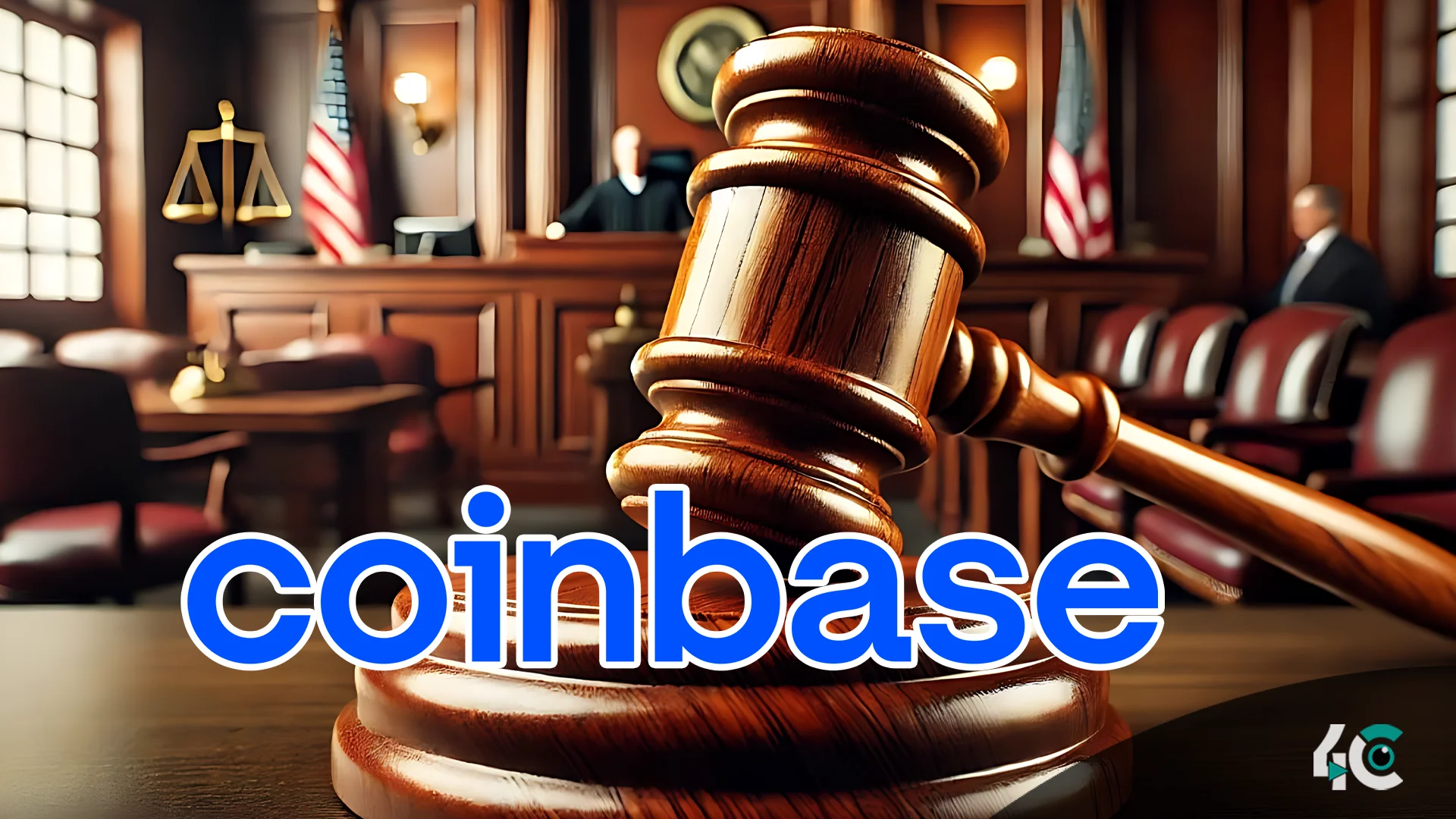In its January 21 submission, Coinbase stressed the crucial need for clarity on whether secondary crypto trading is subject to securities regulations. The company contended that this lawsuit presents a rare chance to resolve a legal issue of critical importance to the cryptocurrency industry, financial markets, and regulatory bodies.
Coinbase claims that transactions on its platform are the selling of digital assets rather than securities. It further noted that buyers and sellers remain anonymous, make no guarantees beyond the asset sale, and have no ongoing obligations to one another after the transaction. The Howey Test, the legal standard for identifying securities, provides the “investment contract” criterion, but Coinbase maintains that these criteria do not meet it.
In June 2023, the SEC filed legal action against Coinbase, charging it with operating as an unlicensed securities broker, exchange, and clearing agency. While a federal judge allowed the SEC action to move forward, a subsequent judgment allowed Coinbase to appeal for clarification on the regulatory status of its business.
Coinbase’s appeal also exposes disparities in lower court opinions on the classification of digital assets, creating regulatory confusion. The exchange believes that concrete direction from the appeals court is required to provide clear standards for the fast-evolving bitcoin market.
As the debate progresses, Coinbase and industry advocates ask for a balanced regulatory framework that promotes innovation while protecting consumers. The outcome of this case could have a substantial impact on the regulation of digital assets in the United States.



































